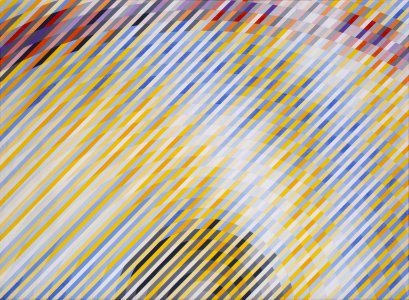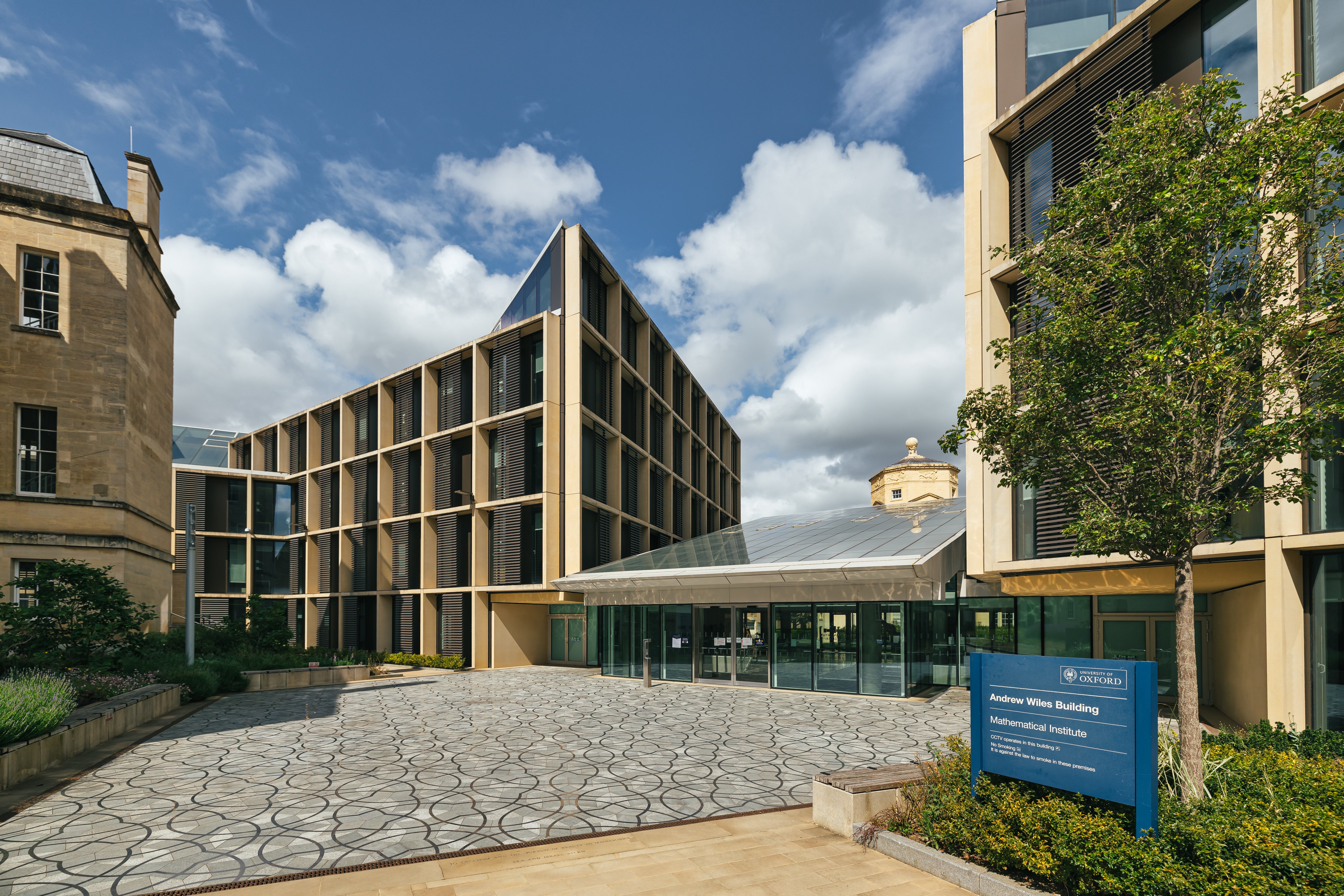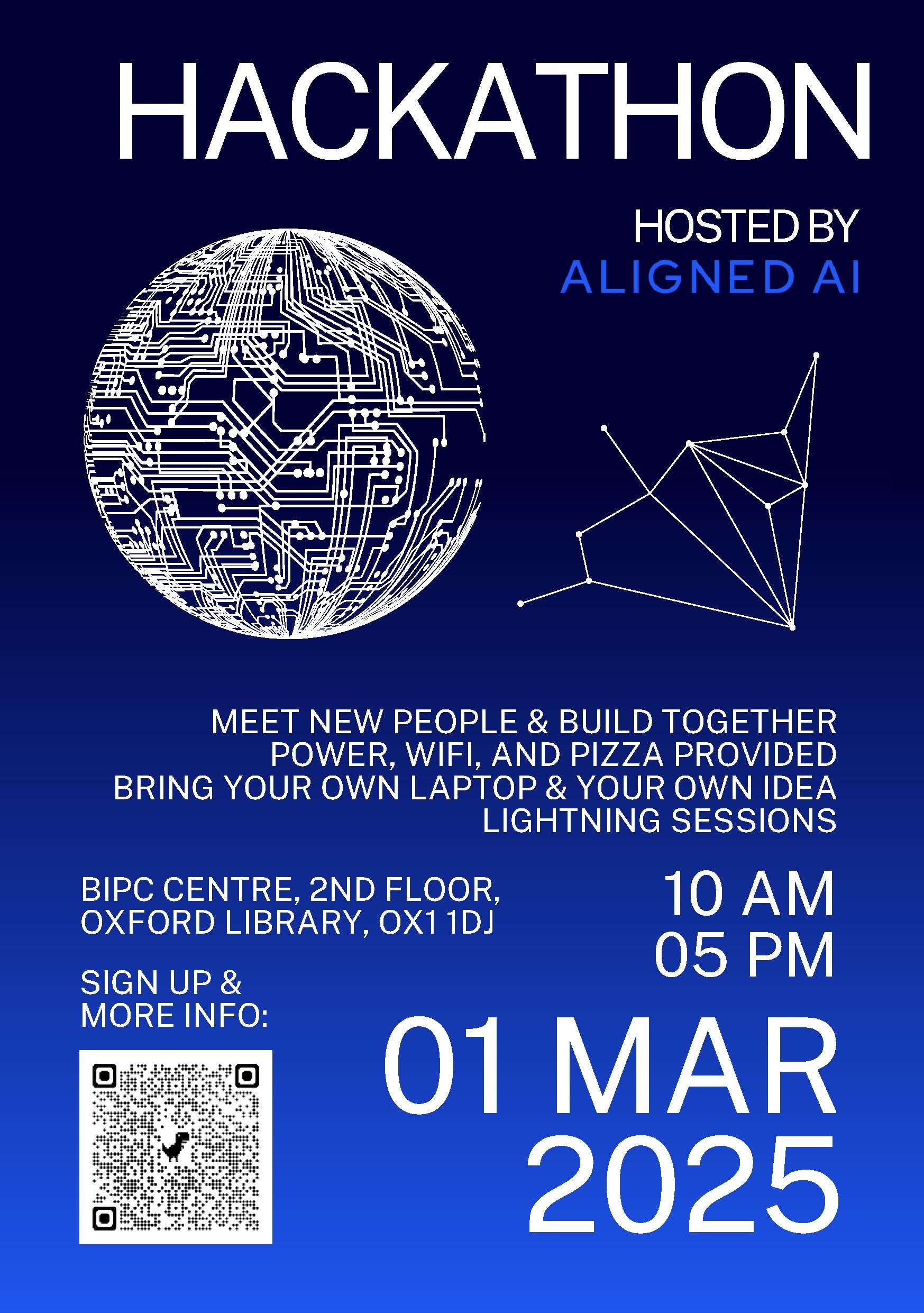We have several Maths teaching positions with leading independent schools in London and the South East of England from September 2025. These are permanent positions which would entail teaching Maths to A level.
Essential: An excellent academic background including an undergraduate degree in Maths or related discipline.
The 'Oxford Women and Non Binary People in Mathematics Day 2025: Pathways to Progress' is taking part this Saturday 1st March from 10 - 4:30 in the Mathematical Institute. Registration is still available here and is open to everyone, regardless of their gender identity. Note that you don't need to attend for the whole day.


 Kamoa, a fast-growing fintech startup operating in Kenya and Nigeria, is looking for a Data Scientist Intern to join their team.
Kamoa, a fast-growing fintech startup operating in Kenya and Nigeria, is looking for a Data Scientist Intern to join their team. 
 We are now on Bluesky (oxfordmathematics) to add to our other social media: TikTok, Instagram, YouTube, Facebook, X and LinkedIn.
We are now on Bluesky (oxfordmathematics) to add to our other social media: TikTok, Instagram, YouTube, Facebook, X and LinkedIn. The Mathematical Institute is currently hosting an exhibition of Kathleen Hyndman’s Mathematical ins
The Mathematical Institute is currently hosting an exhibition of Kathleen Hyndman’s Mathematical ins A dedicated quiet room is available in the Andrew Wiles Building for staff, students, visitors and guests who need space for reflection or prayer.
A dedicated quiet room is available in the Andrew Wiles Building for staff, students, visitors and guests who need space for reflection or prayer. Oxford BuildX is THE event of the term for creators, hackers, and builders.
Oxford BuildX is THE event of the term for creators, hackers, and builders.  Aligned AI is an Oxford-based startup AI fundamentals lab working to make artificial intelligence safe, ethical and empowering.
Aligned AI is an Oxford-based startup AI fundamentals lab working to make artificial intelligence safe, ethical and empowering.